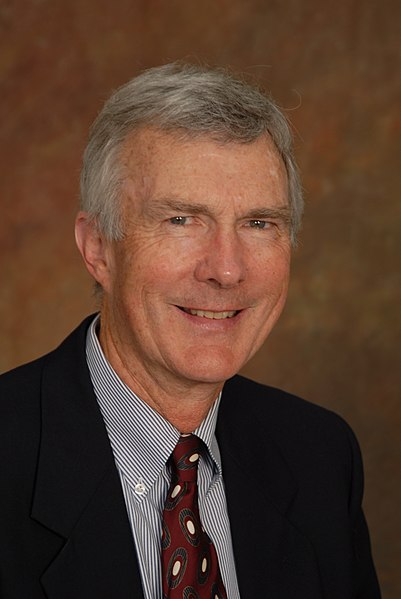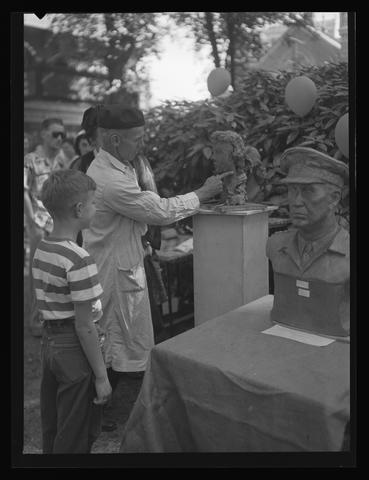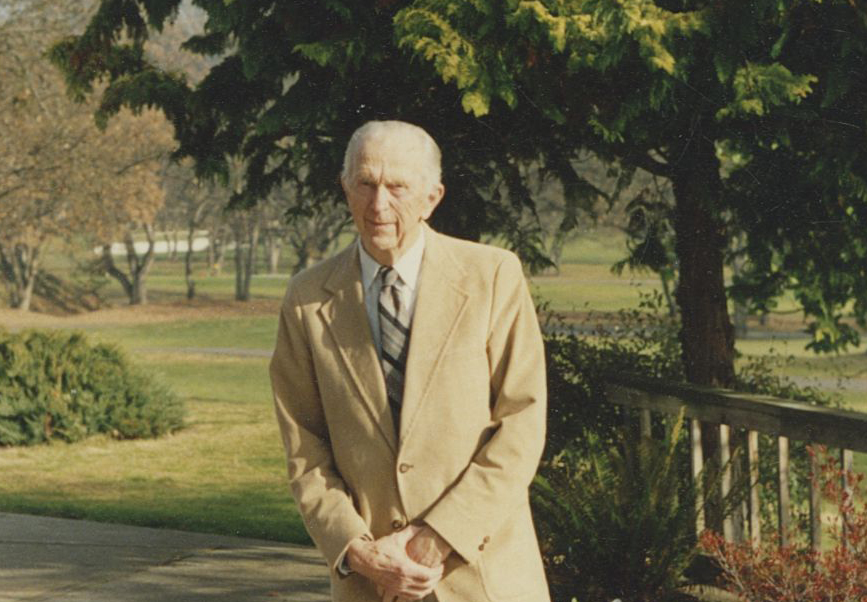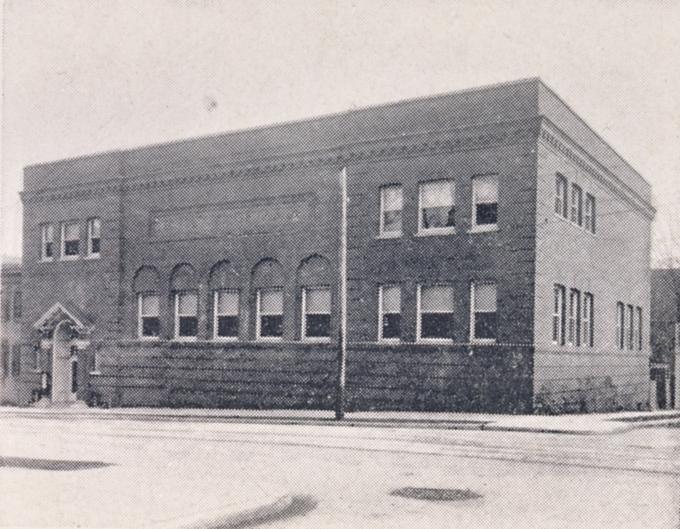John Edward Frohnmayer is a lawyer, writer, and arts leader who served as the fifth chairman of the National Endowment for the Arts and as the chair of both the Oregon Arts Commission and Oregon Humanities. His tenure at the NEA came at a time of widely publicized debate about cultural values and freedom of expression, which shaped Frohnmayer’s later work as writer and advocate.
He was born in Medford in 1942, one of four children of Otto and MarAbel Braden Frohnmayer. Otto, a German immigrant, was a prominent attorney with the oldest law firm in southern Oregon; MarAbel was a lifelong music lover who helped found the Rogue Valley Symphony and was the first president of the Rogue Valley Chorale. The family was part of the progressive Oregon Republican establishment in Oregon, and Otto and MarAbel Frohnmayer were long involved in politics and community affairs. Son Dave Frohnmayer served as attorney general (1981-1991) and as the fifteenth president of the University of Oregon (1994-2009). Daughter Mira Frohnmayer and son Philip Frohnmayer found their careers in music performance and teaching.
John Frohnmayer attended Stanford University, graduating in 1964 with a degree in history. An accomplished musician, he sang with an a capella group called the Stanford Mendicants and briefly considered a career as a professional singer, but instead attended the Union Theological Seminary in New York as a Rockefeller Fellow, and then the University of Chicago, where he studied Christian ethics. Frohnmayer enlisted in the U.S. Navy during the Vietnam War and served as an engineering officer on the USS Oklahoma City. He was awarded the Navy Commendation Medal for bravery. In 1967, he married Leah Thorpe; the couple has two sons, Jason and Aaron.
After being released from the navy, Frohnmayer completed his master's degree. In 1972, he earned a law degree from the University of Oregon, where he was editor-in-chief of the Oregon Law Review. He practiced law but was also active in the arts and was the lawyer for the Oregon International Sculpture Symposium in Eugene in 1974.
Early in his career, Frohnmayer developed expertise in First Amendment and arts law and was appointed to the Oregon Arts Commission in 1977, serving as chair from 1980-1984. During his tenure on the Arts Commission, the Percent for Art Program was established and the Arts Commission won approval from the legislature for a program allowing people to donate a portion of their tax refunds to the arts.
Frohnmayer’s work strengthening the arts did not go unnoticed. With the support of Oregon’s Republican political leaders, he was selected by President George H.W. Bush to be the fifth chair of the National Endowment for the Arts in 1989. He took over the NEA during a turbulent time, when cultural conservatives were attacking the agency for funding work by such controversial artists as Robert Mapplethorpe and Andres Serrano.
His skills as a negotiator and advocate were put to the test as he attempted to rebuild agency morale, support important artwork, and respond to congressional critics who inserted a “decency clause” into the agency’s funding. Frohnmayer earned the ire of some arts activists when the National Council on the Arts voted not to fund four controversial artists in 1990 and the ire of some in Congress when two of those artists were funded the following year.
Eventually, Frohnmayer’s NEA position became untenable, and he resigned in April 1992. In his memoir, Leaving Town Alive: Confessions of an Arts Warrior, Frohnmayer recounted the successes of that time as well as the challenges, noting that during his tenure the NEA had received a reauthorization from Congress, revitalized its arts education programs, established an international art exchange program, and strengthened ties with state arts councils.
Frohnmayer’s experience in Washington, D.C., sharpened his advocacy for the arts. From 1995 to 2004, he and his wife Leah lived in Bozeman, Montana, where he set up a private law practice and wrote and lectured on art and free expression. In Leaving Town Alive, he wrote that art “must exist free from content restrictions and subject only to vigorous procedures for seeking artistic excellence,” arguing that “we are strong enough, as a country, to live with diversity of opinion.”
In addition to his 1993 memoir, Frohnmayer wrote Out of Tune: Listening to the First Amendment, a series of essays on the First Amendment. In 2004, he and his family returned to Oregon, where they made a nine-acre farm near Jefferson their home. Frohnmayer took a position as affiliate professor of liberal arts at Oregon State University. In 2007, he wrote a musical comedy called SPIN! about his experiences at the NEA, and he ran a campaign as an independent party candidate for the U.S. Senate. He was on the board of directors of Oregon Humanities from 2007 to 2014 and served as its chair from 2012 through 2013. He is also an elite master rower who has won medals in national and international competitions.
Frohnmayer was recognized by The People for the American Way with its first National First Amendment Award in 1992. Oregon governor Barbara Roberts honored him with the Governor's Arts Award in 1993, and the Montana Library Association presented him with its Intellectual Freedom Award in 1997.
-
![]()
John Frohnmayer, 2007.
Courtesy Oregon State University
Related Entries
-
![Oregon Society of Artists]()
Oregon Society of Artists
Founded in 1926 by fifteen artists, including sculptors and architects,…
-
![Otto John Frohnmayer (1905–2000)]()
Otto John Frohnmayer (1905–2000)
Otto Frohnmayer was a prominent attorney, civic leader, and philanthrop…
-
![Portland Art Association]()
Portland Art Association
The Portland Art Association (PAA) was organized on December 12, 1892, …
Map This on the Oregon History WayFinder
The Oregon History Wayfinder is an interactive map that identifies significant places, people, and events in Oregon history.
Further Reading
Gamarekian, Barbara. "Appointment to Arts Post is Praised." The New York Times, July 8, 1989.
Parachini, Allan. "Government and the Arts : The Man Who Would Be Arts King." Los Angeles Times, September 22, 1989 http://articles.latimes.com/1989-09-22/entertainment/ca-775_1_arts-endowment/2
Frohnmayer, John. Leaving Town Alive: Confessions of an arts warrior. Houghton Mifflin, 1993.
Frohnmayer, John "Canaries in the Coal Mine: Art, Freedom, and Community" Eugene City Club, June 2, 2006.




